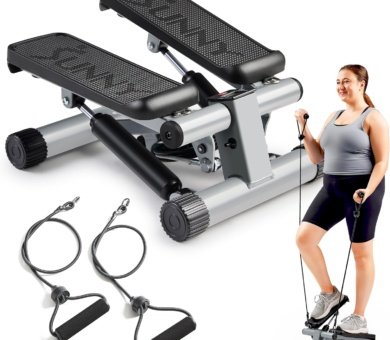Selecting the Best Computer for Your Business: Factors to Consider
Choosing the best computer for your business is a crucial decision that can impact your company’s productivity and efficiency. With so many options available in the market, it can be overwhelming to decide which computer system is right for your business. In this article, we will discuss the key factors to consider when selecting a computer for your business to help you make an informed decision.
Power User Requirements:
If you are a power user who runs specialized, high-powered applications that require advanced processing ability, it is essential not to skimp on the configuration of your computer. Business-grade gear may be more suitable for power users as consumer-grade machines may not withstand heavy-duty operations. Consider factors like hard drive storage, power units, and moisture and dust resistance when selecting a computer for power users. Smaller firms and business owners may benefit from ordering from major manufacturers or supply houses that provide set-up and tech support services through business accounts.
Desktop vs. Laptop for Business Needs:
The decision between a desktop and a laptop computer depends on your working environment and mobility needs. While laptops offer convenience and performance as desktop replacements, desktop PCs may be more suitable for office-bound workers. Laptops have come a long way in terms of hardware quality and performance, making them a viable option for business use. Consider factors like workspace design and flexibility when choosing between a desktop and laptop for your business.
Speed and Efficiency Factors for Business PCs:
When assessing hardware options for office use, prioritize specifications like on-board storage and processing power. CPUs play a crucial role in defining a computer’s operational speed and multitasking capabilities. Consider factors like clock speed, number of cores, and threads when selecting a CPU for your business computer. Additionally, look for computers with AMD processors which are generally less expensive than Intel chips without compromising quality. Choose a processor that meets the performance requirements of your business tasks.
Choosing the Right Processor:
The choice between a dual-core, quad-core, or octa-core processor depends on the demands of your business tasks. A dual-core processor may suffice for basic office tasks, while more intensive applications like data processing and graphic design may require a quad-core or octa-core processor. RAM is also an essential factor to consider as it determines the computer’s multitasking ability and overall performance. Consider upgrading to DDR4 RAM for faster performance and check if the computer allows for RAM upgrades.
Running Windows 11? Don’t Be RAM Shy:
Windows 10 and Windows 11 require more memory than earlier versions, with a minimum of 8GB of RAM recommended for optimal performance in business applications. Higher RAM capacities like 12GB, 16GB, or 32GB are desirable for handling more demanding tasks. Make sure to choose a computer with sufficient RAM capacity to prevent performance issues with business applications.
Apple vs. Windows: Business Buying Considerations:
Choose between Apple and Windows desktop and laptop models based on your preferences and needs. Apple computers have standardized CPU and RAM configurations, making buying options more straightforward but limited for upgrades. Windows PCs offer more flexibility for upgrades and a broader range of options at a lower cost. Consider factors like CPU and RAM configuration, upgradeability options, and budget when choosing between Apple and Windows computers for your business.
Storage Size for Better Business Efficiency:
Consider the type of storage hardware (HDDs vs. SSDs) and storage capacities (128GB to 2TB) when selecting a computer for your business. HDDs provide a cost-effective solution for larger storage capacities, while SSDs offer faster and more durable storage solutions. Depending on your company’s data storage needs, choose a storage drive that can handle business applications efficiently.
Monitor the Viewing Screen for Productivity Purposes:
When selecting monitors for desktop computers or screens for laptops, consider factors like size, resolution, and brightness for a productive work environment. Larger monitors reduce the need to scroll frequently, while brightness levels of 300 nits or higher can compensate for ambient light in office settings. Consider adopting a dual-monitor setup to enhance workspace efficiency and productivity.
Final Points to Consider When Buying a Business PC:
When buying a new computer for your business, consider factors like operating system compatibility, storage hardware, monitor size and resolution, and CPU and RAM configurations. Evaluate your business needs and preferences to choose the best computer system that meets your requirements. Whether you prefer Windows, Apple, or Linux operating systems, make sure to select a computer that aligns with your business goals and enhances productivity.
In conclusion, selecting the best computer for your business involves assessing your specific needs, budget, and performance requirements. By considering factors like power user requirements, desktop vs. laptop options, speed and efficiency factors, processor choice, storage size, monitor specifications, and final buying considerations, you can make an informed decision that maximizes your business productivity and efficiency. Remember that bargain prices should not be the deciding factor when purchasing a business computer, as investing in quality hardware can yield long-term benefits for your company’s operations.







